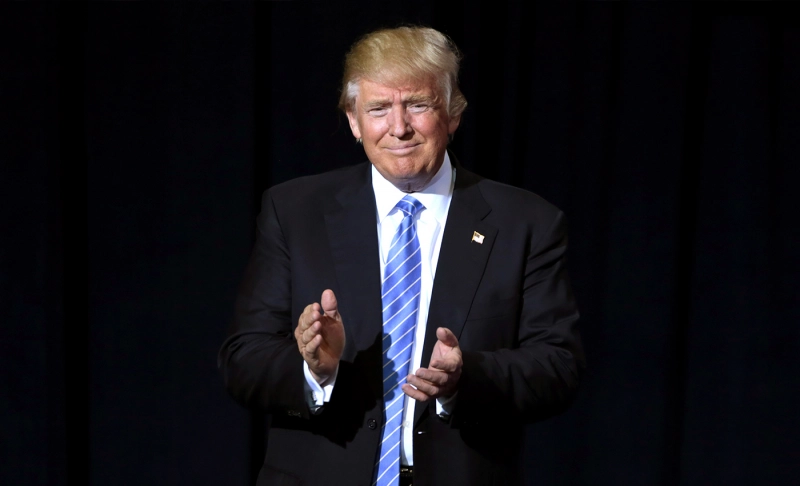By: Devika Kandelwal
October 16 2020

Trump tried to terminate the Obama-era program in 2017 but the order was blocked by the SC. The DHS is reviewing the program following the decision.
Trump tried to terminate the Obama-era program in 2017 but the order was blocked by the SC. The DHS is reviewing the program following the decision.On Oct. 15, during the town hall, when asked what he will do about immigration and the Deferred Action for Childhood Arrivals program, U.S. President Donald Trump said, “we are going to take care of DACA.” However, his remark is misleading. DACA is an Obama-era order passed in 2012. It aims to protect young adults who were illegally brought to the US as children by undocumented parents. The order allows these young adults to work legally and protects them against deportation. During Trump’s presidential campaign, he promised harsher policies on immigration and pledged to repeal DACA. After coming into office, in Sept. 2017, Trump passed an order to end DACA. He called it an “amnesty-first approach” and urged Congress to pass a replacement before he begins phasing out its protections in six months. Then-Attorney General Jeff Sessions declared that DACA was unconstitutional; however, lower courts issued orders that kept the program in place while the Trump administration appealed to the Supreme Court. In June 2020, the Supreme Court passed a judgment blocking Trump’s order. The court said Trump’s administration hadn’t followed federal procedural law or adequately justified terminating DACA in 2017. They called the order “arbitrary and capricious.” However, the Supreme Court did not call Trump’s order unconstitutional, which left room for the administration to revise their argument. The Department of Homeland Security (DHS) said it was reviewing the program following the Supreme Court’s decision; however, there’s little evidence that Trump is currently working to keep the program in place. In Jul. 2020, Trump said he plans to unveil sometime an immigration measure that he said would include some protections for DACA by Aug. 2020, reported the NPR. However, no such plan was introduced. Instead, acting DHS Secretary Chad Wolf in July expressed ongoing concerns in a memo, saying, “I have concluded that the DACA policy, at a minimum, presents serious policy concerns that may warrant its full rescission.” Subsequently, the administration limited renewals to one year instead of two. Immigrant advocates, lawyers, and lawmakers denounced the move, criticizing the delay and arguing the move ran afoul of the Supreme Court’s order. Furthermore, the US Citizenship and Immigration Services’ (USCIS) website reported in July that the agency is only processing DACA renewal applications. Forbes quoted a USCIS spokesperson claiming that the applications “were rejected due to their being incomplete, most commonly due to a lack of signature, missing or incomplete form pages, or an incorrect fee.” Reportedly, 300,00 immigrants are currently not enrolled in DACA, who would be eligible to apply if applications were reopened. The figure includes 55,000 immigrants who have aged into the program since applications initially stopped, reported Forbes.